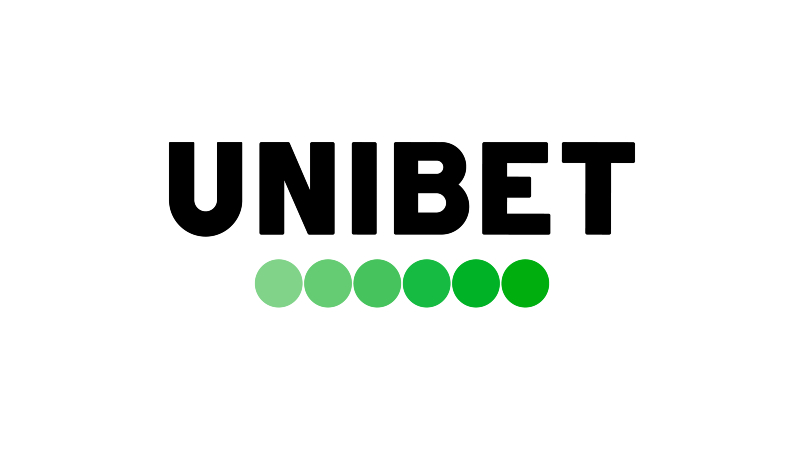‘Cashing Out is for Pussies’ ad by Unibet removed after Ad Standards breach ruling

Unibet said the ad used "exaggerated marketing language that is not expected to be treated seriously or taken literally”.
Unibet has been found in breach of the advertising Code of Ethics for an online ad that depicted a man holding a sign stating that “Cashing Out is for Pussies”. It was “merely puffery”, Unibet insisted – just marketing language not meant to be taken literally. The ad was taken down after it was found to describe exiting a wager as weak and cowardly.
What you need to know:
- Unibet has been found in breach of the Ad Standards Code of Ethics for an online ad that said: “Cashing Out is for Pussies”.
- The ad has been taken down, despite Unibet appealing that the language was “merely puffery”.
Betting company Unibet has been found in breach of the advertising Code of Ethics for pressuring viewers to gamble and discrimination over an online ad that said: “Cashing Out is for Pussies”.
Ad Standards, the organisation set up by the Australian Association of National Advertisers (AANA) to manage the ethics code, found while the ad didn’t encourage “excessive” gambling, it did “demonstrate that cashing out or exiting a wager early is weak, cowardly and, soft”. It also found the wording in the ad, which is similar to “don’t be a pussy”, was unfair to women.
“Whether or not this interpretation was intended, most members of the community would find the phrase to be disparaging towards women by suggesting that they are weak, timid, soft or lesser than men,” Ad Standards’ Community Panel wrote in its determination.
Unibet, meanwhile, said the language in the ad was “merely puffery, i.e. exaggerated marketing language that is not expected to be treated seriously or taken literally”.
“Unibet considers that reasonable members of the community would appreciate that the Advertisement is togue-in-cheek [sic] in nature and was not intended to encourage or condone excessive wagering or pressure to wager,” it wrote.
After the finding, the ad was removed.